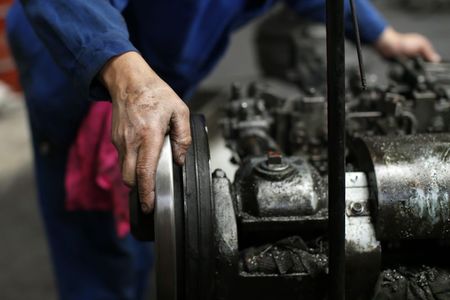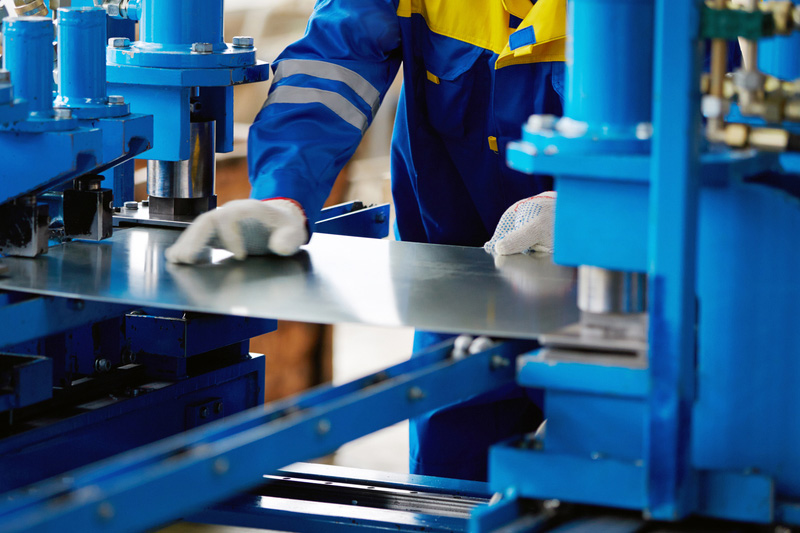By Jonathan Cable
LONDON,(Reuters) - Euro zone manufacturing growth failed to accelerate as expected last month despite factories barely raising prices, as growing tensions in Ukraine weighed on sentiment, a survey showed on Friday. With inflationary pressure evaporating and factory activity
shrinking faster in France, the region's second-biggest economy, the data will make grim reading for the European Central Bank ahead of its monetary policy meeting on Aug. 7. Markit's final July manufacturing PMI came in at 51.8, matching June's reading but below an earlier flash estimate of 51.9.
An index measuring output, which feeds into a composite PMI due on Tuesday that is seen as a good guide to growth, dipped to 52.7 from June's 52.8, shy of a flash reading of 53.0. While manufacturing growth picked up in Germany, Europe's biggest economy, the French PMI fell to a seven-month low and there was a renewed downturn in Greece alongside slowing growth in Spain and Italy.
"The situation in the euro zone has clearly worsened from the promising signs of economic revival seen earlier in the year," said Chris Williamson, chief economist at Markit.
He said the final reading came in lower than the flash figure, "most likely reflecting growing concerns following the escalation of the crisis in Ukraine towards the end of the month."
Highlighting the risk of deflation, the output price sub-index fell to 50.1 from 50.4, barely above the 50 mark denoting growth, while data on Thursday showed euro zone inflation fell in July to just 0.4 percent, the lowest since the height of the financial crisis nearly five years
ago.
"The ECB will be eager to see the impact of the policy measures announced in June, though these are clearly going to take some time to filter through to the real economy," said Williamson.
To counter this threat, the ECB in June unveiled a raft of measures including cutting the deposit rate below zero and offering more long-term loans aimed at boosting bank lending to businesses.

(Editing by Hugh Lawson)
